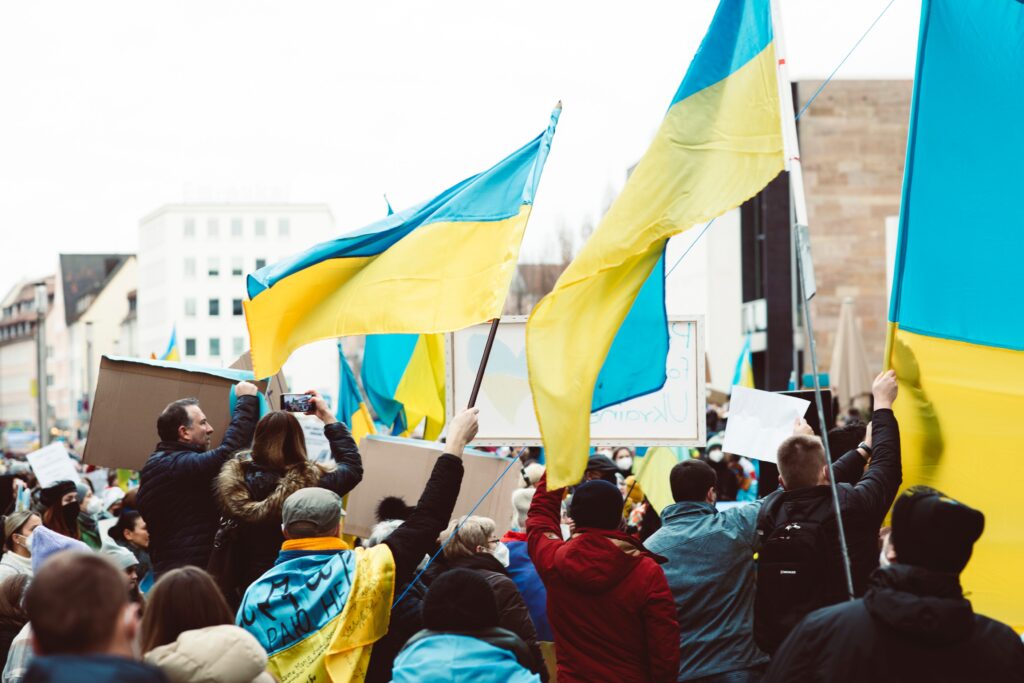In the ever-shifting landscape of global politics, few figures have commanded as much attention and controversy as Vladimir Putin. From his unexpected rise to power to his calculated maneuvers on the international stage, Putin’s ascendance has left an indelible mark on modern history. In this exploration, we delve into the multifaceted journey that led to Putin’s controversial leadership, examining the key factors that have shaped his trajectory and the implications of his reign for both Russia and the world.
The Early Years and KGB Background:
Vladimir Putin’s journey to power began in the modest city of Leningrad (now St. Petersburg) in the waning days of the Soviet Union. Born into a working-class family, Putin’s formative years were marked by challenges that would later contribute to his steely resolve. His entry into the KGB, the infamous Soviet intelligence agency, provided the young Putin with a unique vantage point to understand the inner workings of power and espionage. This background would prove instrumental in shaping his leadership style and approach to governance.
Rise to Power:
Putin’s ascent to the highest echelons of Russian politics came in a whirlwind of events. Following a series of bureaucratic appointments, he was appointed Prime Minister by then-President Boris Yeltsin in 1999. When Yeltsin suddenly resigned on New Year’s Eve in 1999, Putin assumed the presidency in an acting capacity. His strongman image, bolstered by his tough response to the Chechen conflict, resonated with a Russian population yearning for stability after years of economic turmoil and political uncertainty.
Consolidation of Power:
As Putin solidified his grip on power, he employed a combination of strategic maneuvers to suppress political opposition and centralize authority. His administration’s actions against dissenting voices, curbing of press freedom, and manipulation of electoral processes have sparked international criticism and raised concerns about the erosion of democratic norms. Nevertheless, these tactics have been undeniably effective in maintaining his hold on power and shaping Russia’s domestic and foreign policies.
Foreign Policy Ambitions:
Putin’s foreign policy approach has been marked by a calculated assertiveness aimed at reasserting Russia’s position as a global player. His annexation of Crimea in 2014, amidst the chaos of Ukraine’s political upheaval, sent shockwaves through the international community. It marked a turning point in the post-Cold War era, highlighting Russia’s willingness to challenge established norms and redraw geopolitical boundaries. The conflict in Ukraine, ongoing tensions with NATO, and interventions in Syria underscore Putin’s determination to protect what he sees as Russia’s strategic interests.
Geopolitical Implications:
The rise of Putin and his controversial leadership style has far-reaching implications for the global political landscape. The resurgence of Russia as a formidable power player challenges the unipolar world order that emerged after the Cold War. Putin’s adept navigation of alliances, strategic partnerships, and unconventional warfare tactics has reshaped the dynamics of international diplomacy. The West’s responses to his actions have exposed deep divisions and prompted a reassessment of traditional security paradigms.
Conclusion:
Vladimir Putin’s ascendance to power is a complex tale of calculated ambition, political maneuvering, and assertive foreign policy. While his controversial methods have drawn criticism from many quarters, his ability to maintain stability in a tumultuous era and reposition Russia on the world stage cannot be ignored. As we continue to observe the evolution of Putin’s leadership and its impact on global affairs, one thing remains clear: his legacy will be debated and analyzed for years to come, shaping the narratives of both Russian history and the broader context of international relations.










